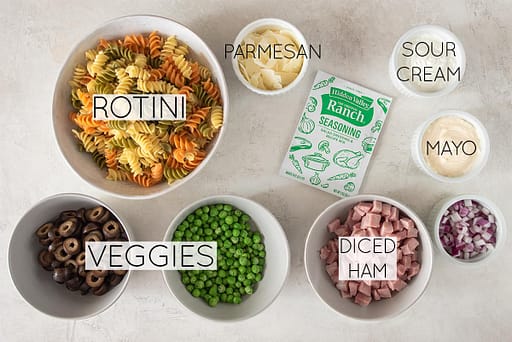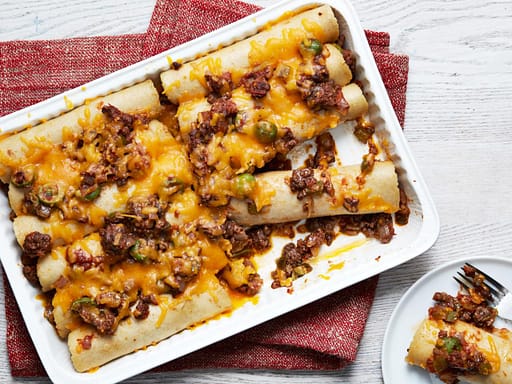As your 7-month-old baby continues to grow and develop, their nutritional needs will change. They will need more calories and a wider variety of nutrients to support their rapid growth. Introducing solid foods is a great way to meet these needs and help your baby learn to eat a variety of healthy foods.
When starting solids, it is important to start with simple, single-ingredient foods. This will help you to identify any potential allergies or sensitivities. Once your baby has tolerated a few single-ingredient foods, you can start to introduce more complex recipes.
Pureed Foods
Pureed foods are a great way to introduce new flavors and textures to your baby. They are also easy to digest and can be made with a variety of fruits, vegetables, and meats. To make a puree, simply cook the food until it is soft, then puree it in a blender or food processor. You can add breast milk or formula to thin out the puree if needed.
Some popular pureed foods for 7-month-olds include:
- Applesauce
- Sweet potatoes
- Avocados
- Bananas
- Meatballs
Mashed Foods
As your baby gets older, they will be able to tolerate more textured foods. Mashed foods are a good way to transition from purees to more solid foods. To make mashed foods, simply cook the food until it is soft, then mash it with a fork or spoon. You can add a little bit of breast milk or formula to help thin out the mash if needed.
Some popular mashed foods for 7-month-olds include:
- Mashed sweet potatoes
- Mashed bananas
- Mashed avocados
- Mashed meat
- Mashed vegetables
Finger Foods
As your baby gets closer to 8 months old, they will be able to start eating finger foods. Finger foods are a great way to help your baby develop their fine motor skills and learn to self-feed. Some popular finger foods for 7-month-olds include:
- Soft fruits, such as bananas and berries
- Soft vegetables, such as cucumber and carrots
- Cheesy puffs
- Teething biscuits
- Yogurt melts
Introducing solid foods is a fun and exciting time for both you and your baby. By following these simple tips, you can help your baby get the nutrients they need to grow and thrive.
As always, be sure to talk to your doctor before introducing any new foods to your baby. They can help you to create a feeding plan that is right for your baby’s individual needs.



